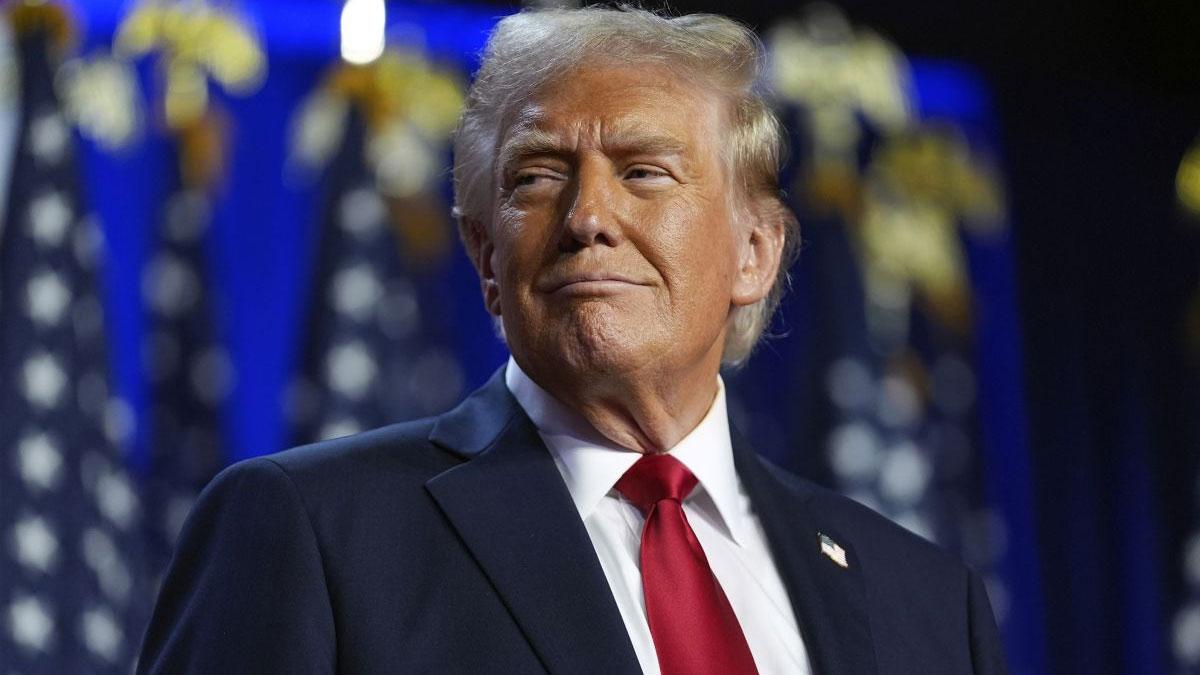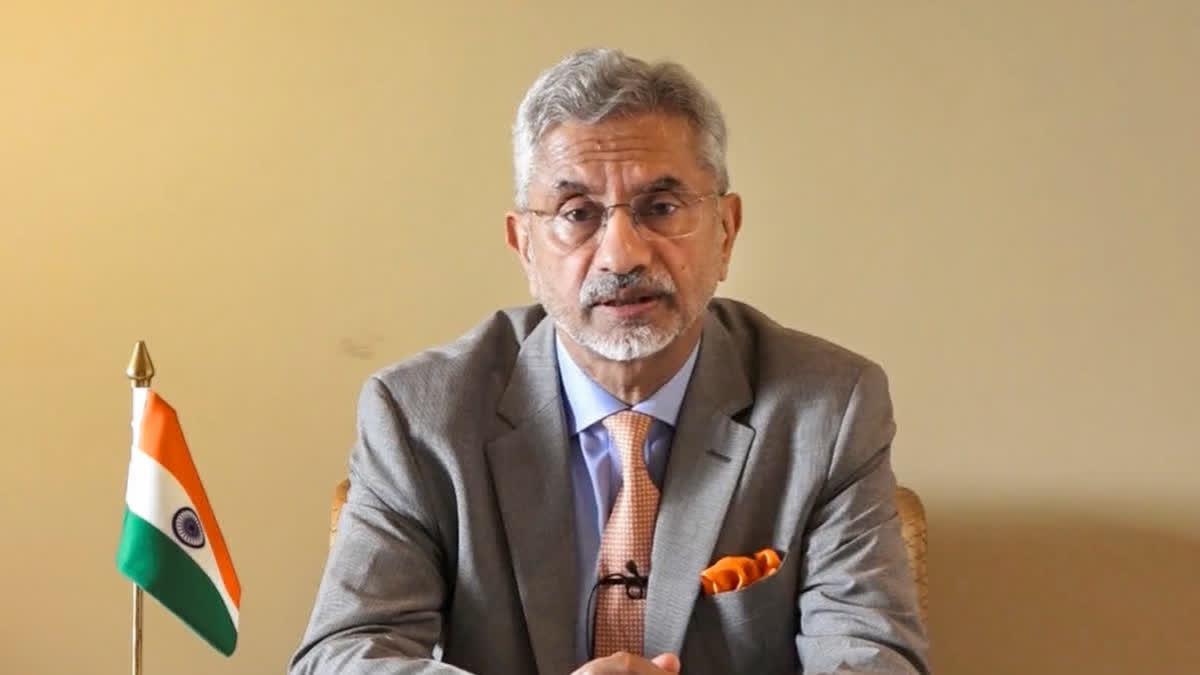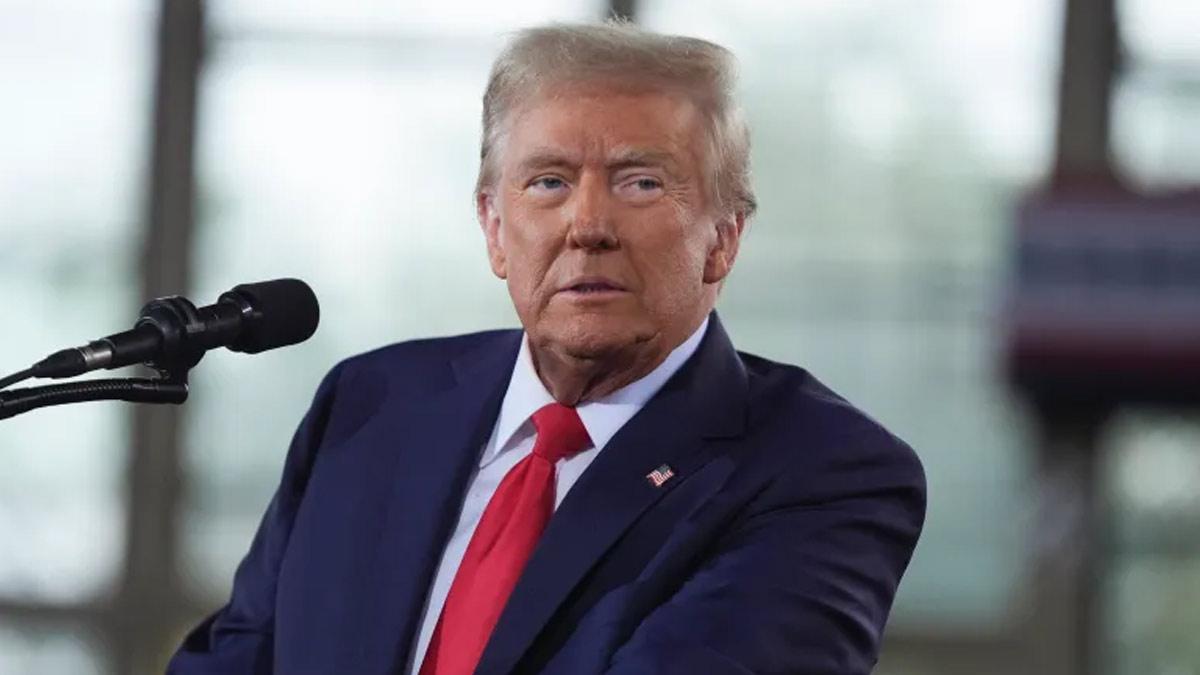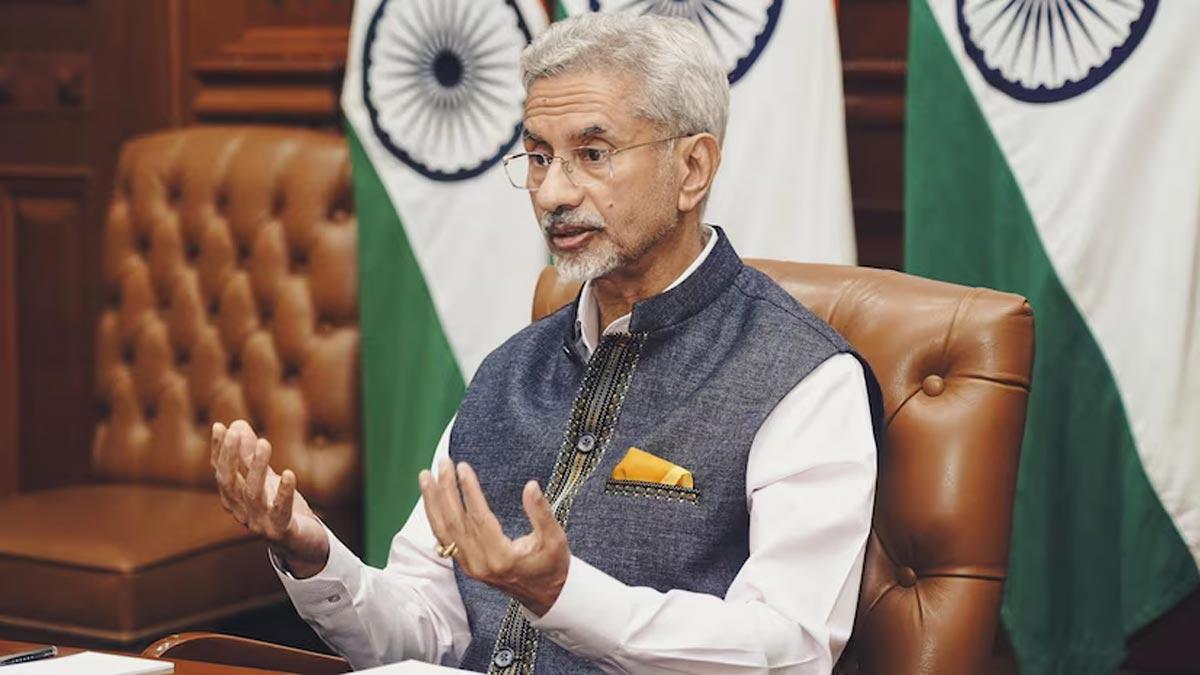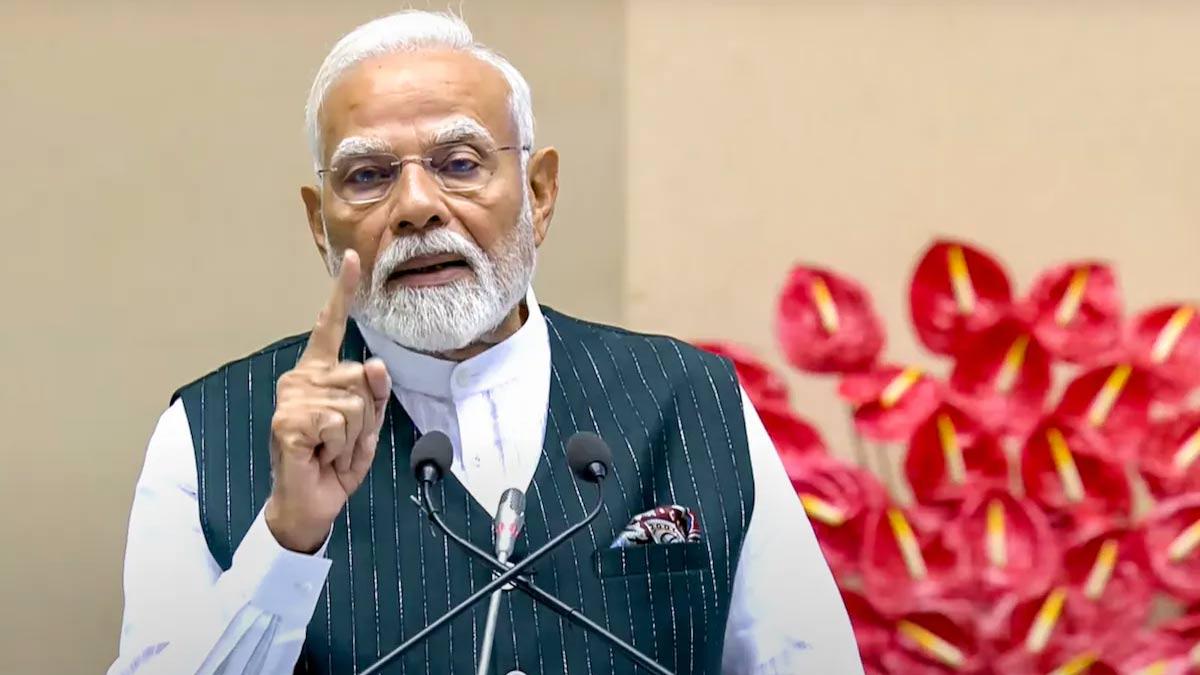The Trump administration took the unusual action of revoking Harvard University's power to accept international students, punishing the prestigious institution for defying recent federal policy guidance.
The U.S. Department of Homeland Security declared in a statement Thursday, "Harvard can no longer accept foreign students and current foreign students need to transfer or lose their legal status."
The directive followed Homeland Security Secretary Kristi Noem's move to withdraw Harvard's certification under the Student and Exchange Visitor Program (SEVP). The move came after the university refused to provide the records of conduct of foreign students sought by the department last month.
The consequences of this action may be far-reaching. Foreign students make up more than 27% of Harvard's student body today, and the sudden announcement has caused a great deal of upset among faculty and students. Professors have raised concerns that the loss of so many of its students would enormously undermine the institution's academic integrity and international reputation.
The White House, in its defense of the action, declared, "Enrolling foreign students is a privilege, not a right," and roundly denounced Harvard's administration for what it termed the conversion of "their once-great institution into a hot-bed of anti-American, anti-Semitic, pro-terrorist agitators.
"They have time and time again failed to act to meet the widespread issues disproportionately harming American students and now they get to experience the repercussions of their inaction," said White House spokesperson Abigail Jackson in a statement to CNN.
Tensions between Harvard and the Trump administration have been building for months. The federal government has called for drastic overhauls of the university's campus policies, hiring procedures, admissions standards, and programming—especially those focused on diversity, equity, and inclusion. The administration has also targeted international students and professors purportedly engaged in campus protests over the Israel-Hamas conflict.
Harvard leadership has resisted, arguing that the requirements—such as performing an ideological "audit" of students and faculty members—overstep the federal government's role and potentially infringe upon constitutional safeguards.
Although several universities throughout the United States have been served similar ultimatums, Harvard has been most outspoken in asserting its institutional autonomy.
The university acted quickly in response to having its SEVP certification revoked, calling the move "unlawful." In a formal statement, Harvard reaffirmed its dedication to its international student body, stating it is "fully committed to preserving Harvard's capacity to host international students and scholars, who come from over 140 countries and contribute unstintingly to the University – and to this country."
University spokesman Jason Newton further stated, "We are moving rapidly to offer guidance and assistance to our community members. This retaliatory action poses severe injury to the Harvard community and our nation, and erodes Harvard's academic and research purpose."
Today, Harvard boasts an international academic community of 9,970 students, 6,793 of them being 27.2% of its 2024–25 student body. The loss of SEVP certification puts the futures of thousands of those students in limbo.
Read also| Imran Khan Mocks Gen Munir's Elevation Amid Concerns Over Military Dominance in Pakistan

